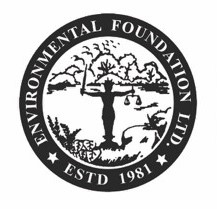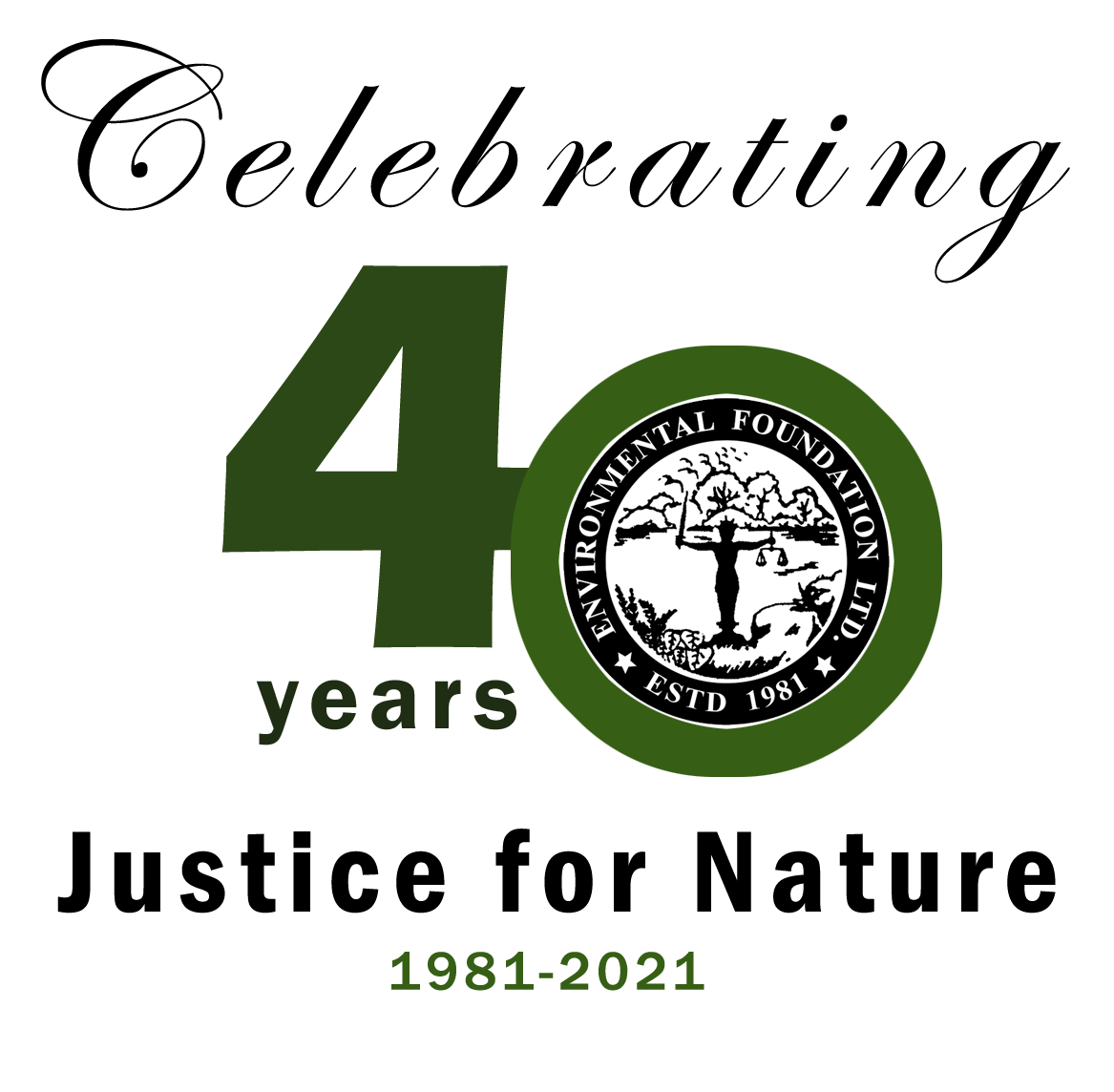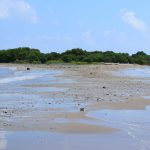Read the full article by EFL; http://www.dailymirror.lk/news-features/Mining-development-and-environment/131-184325
Sri Lanka is a country blessed with an abundant natural resources necessary for various industries. As Sri Lanka is economically developing and cities are growing, the persistent demand in the construction industries for minerals such as sand, soil, gravel, clay and graphite is rising. While we use these resources to enhance the lives of the people in Sri Lanka, it is also necessary to ensure that they are extracted and used in a manner that does not endanger the very lives we seek to empower. Geological Survey and Mines Bureau (GSMB) is the government agency empowered to regulate exploration and mining for minerals, processing, transporting, storing, trading in and export of such minerals, by the issue of licences. And the relevant law and procedure that shall be followed in issuing licences by the GSMB is laid down in the Mines and Minerals Act No. 33 of 1992 (as amended) and regulations made under the Act. According to Section 28 of the Act, “No person shall explore for, mine, transport, process, store, trade in or export any minerals except under the authority of, or otherwise than in accordance with, a licenses issued in that behalf under the provisions of this Act and the regulations made there under”.
However, on December 4, 2019 the newly appointed Cabinet of Ministers by way of a Cabinet Decision, removed the existing requirement on obtaining permits for the transportation of sand, soil and clay. According to the Cabinet, the underlying purpose was to facilitate the local and construction industries in securing necessary materials and the reduction of prices. However, this decision violates the laws of the country and neglects the duty of the Cabinet under the Directive Principles of State Policy to give due consideration to the protection and promotion of the environment as set out in the Constitution.
Revoking this permit requirement would open the doors for both legal and illegal miners to extract sand, soil, gravel, clay and graphite without any limitations, causing immense damage to the natural environment. The possible impact of this decision and the subsequent actions would be, destruction of habitats, sea erosion due to river sand mining, increase the salinity of river waters, alter river beds, movement of water and sediment due to river sand mining, degradation of the river bed, erosion of the banks and encroachment of the river buffer zone. These are some of the major environmental impacts that would occur as a result. Recently, several news reports stated that drinking water, supplied by the National Water Supply and Drainage Board in Kalutara area had been mixed with saltwater as a result of sand mining. There were also reports stating, that the residents in Padiyathalawa, Ampara have experienced difficulties in getting their daily work done due to the damages caused to the roads by the constant traveling of heavy sand/soil/gravel/graphite –laden trucks. As the permit requirement for the transportation also been revoked, these issues would be severe in the months to come. As the rivers have been deteriorated and deepened, the people in Sri Lanka will face natural disasters in the future due to lack of clean drinking water during dry seasons, and severe floods due to river deepening as a result of sand mining.






Your e-mail send with me to late.? my comments will send you later.
Your e-mail send with me to late.?my comment will send you later.